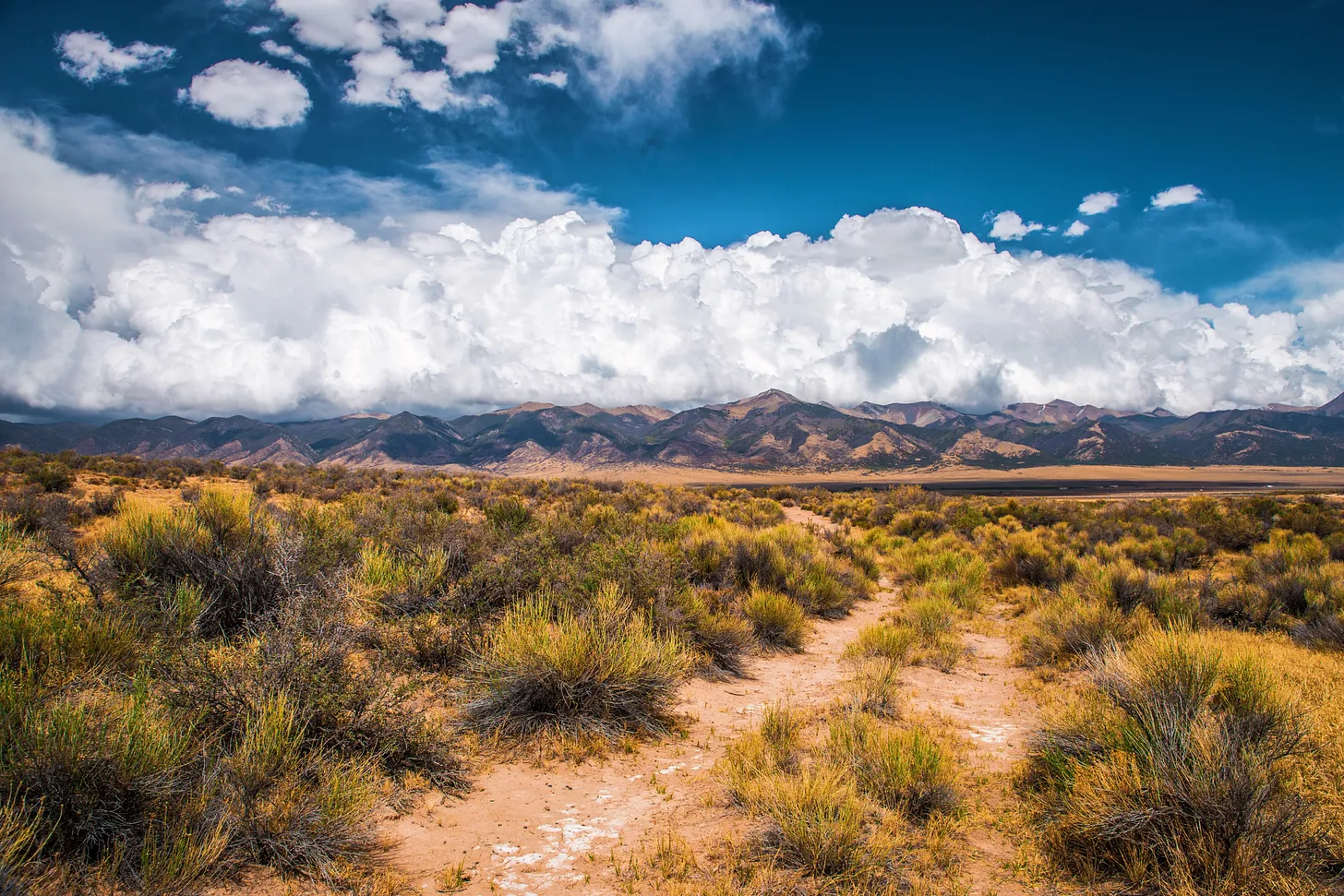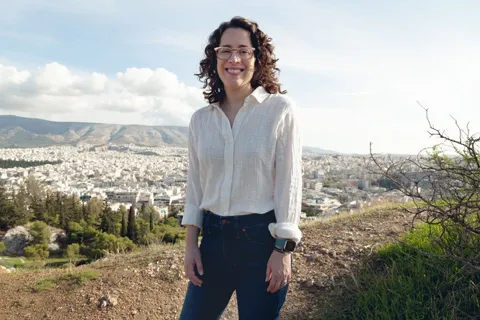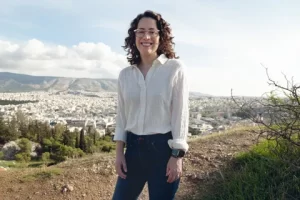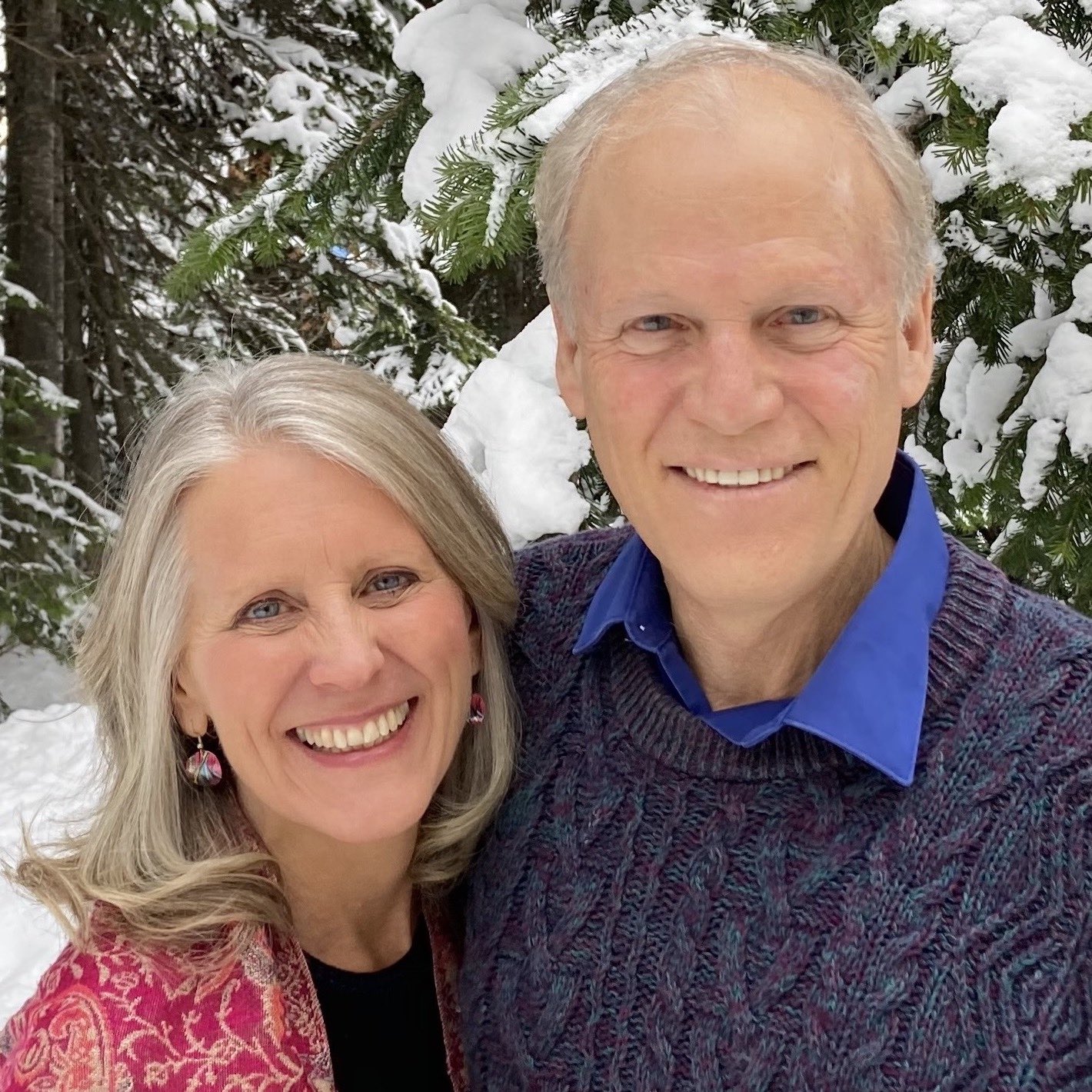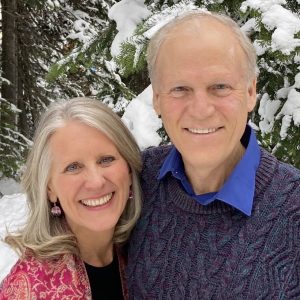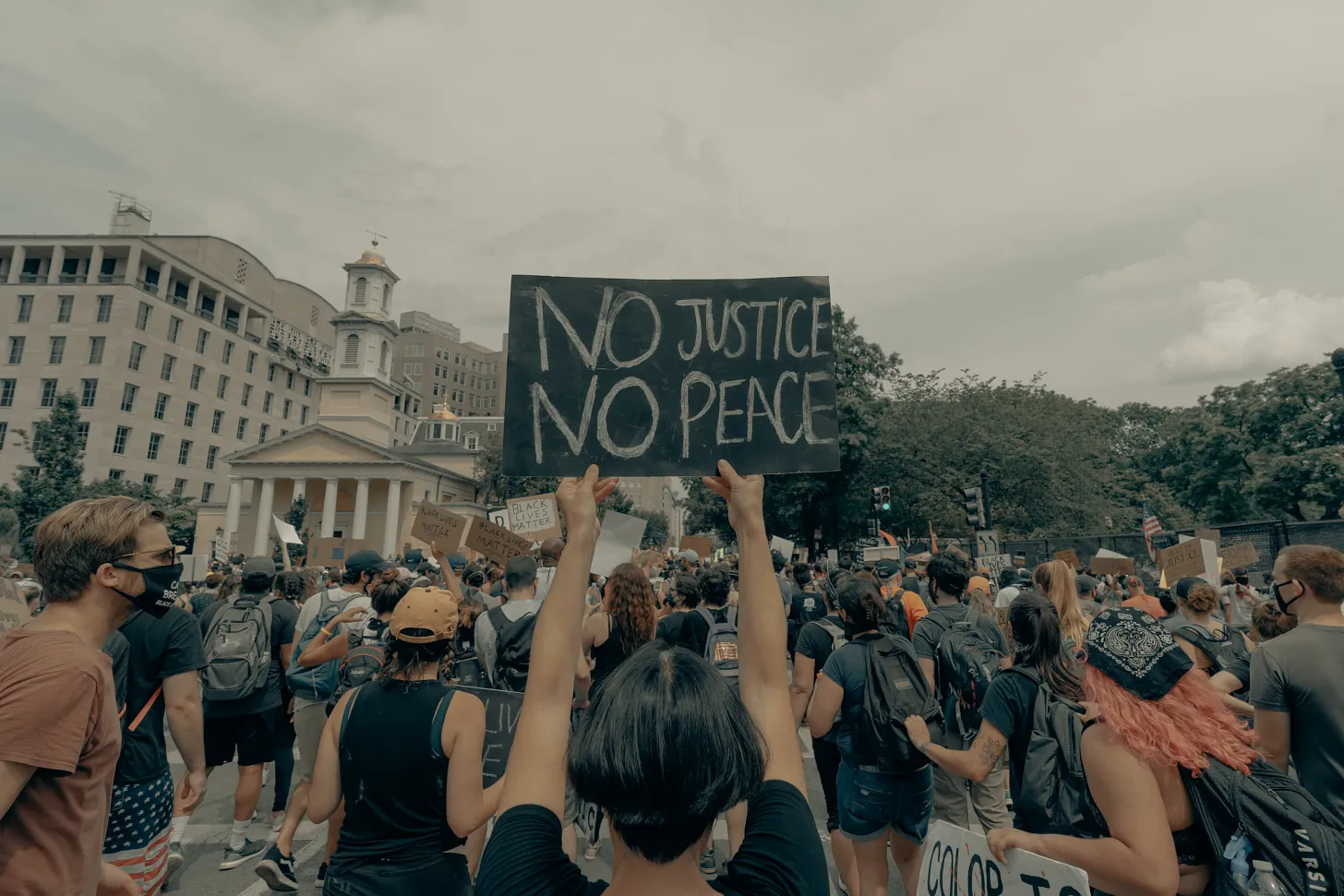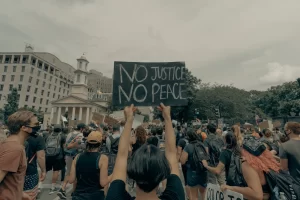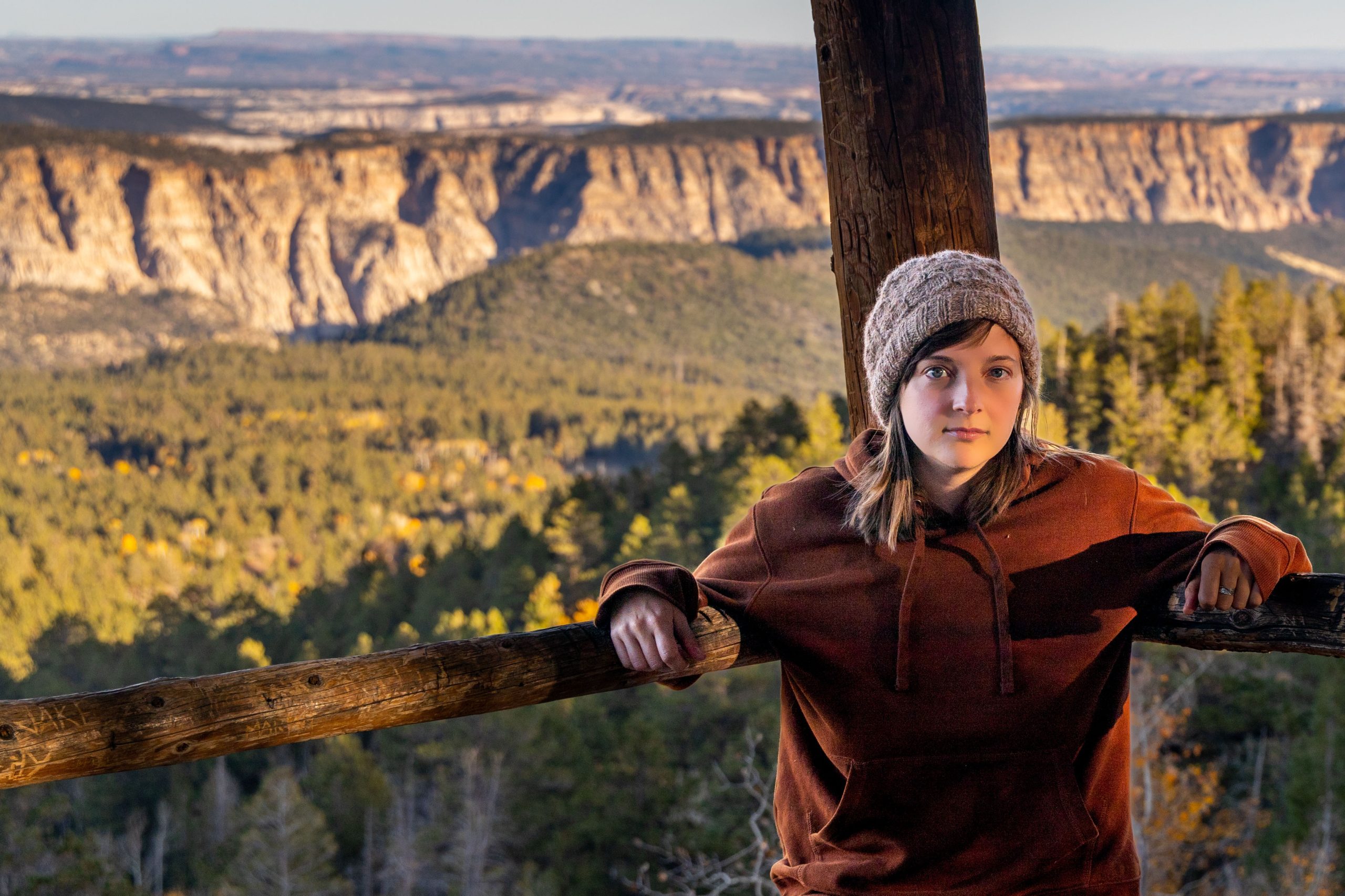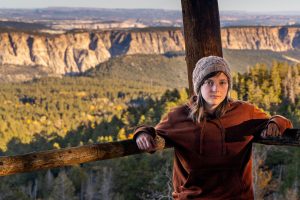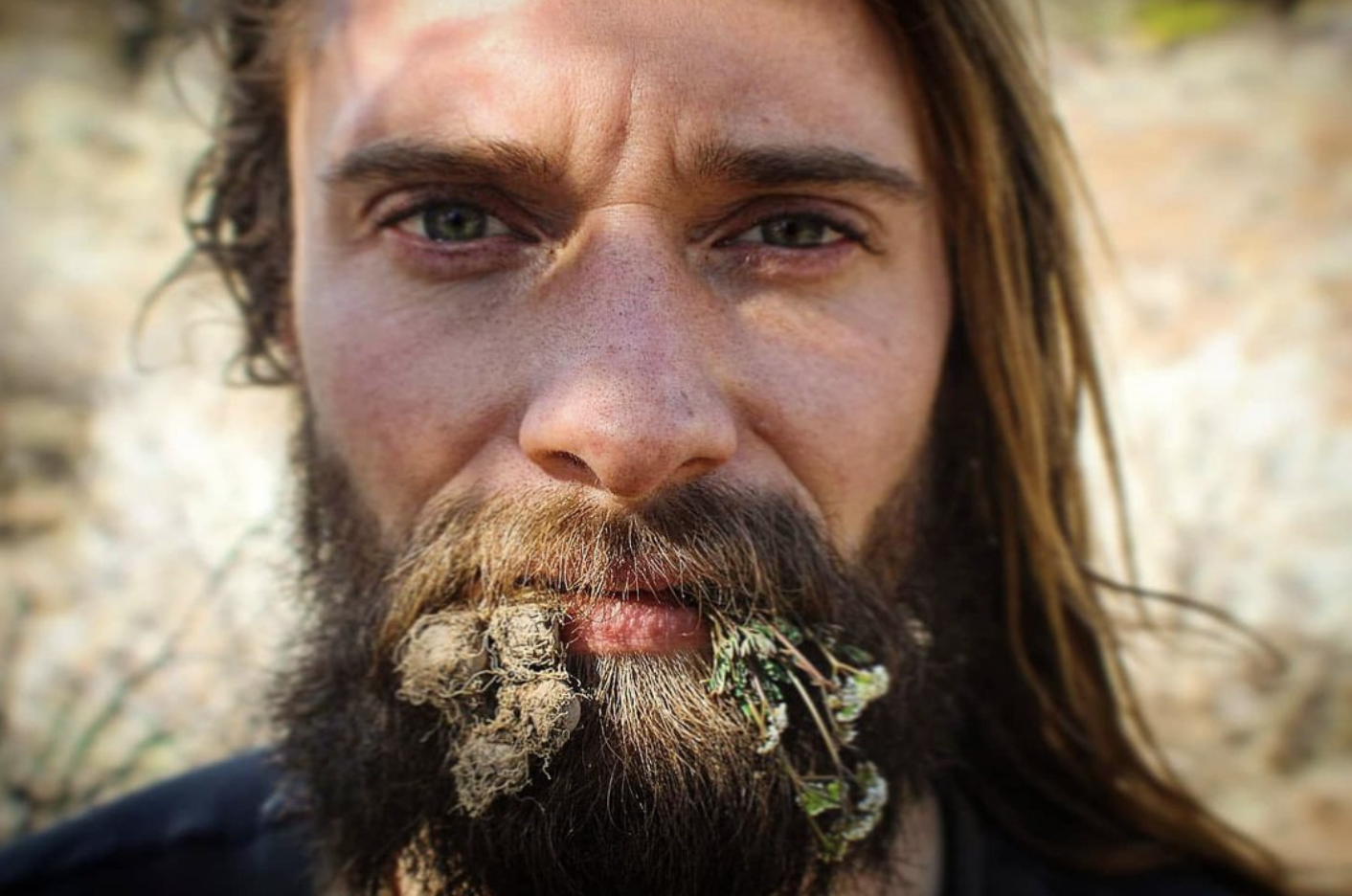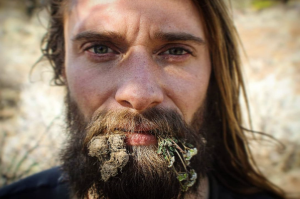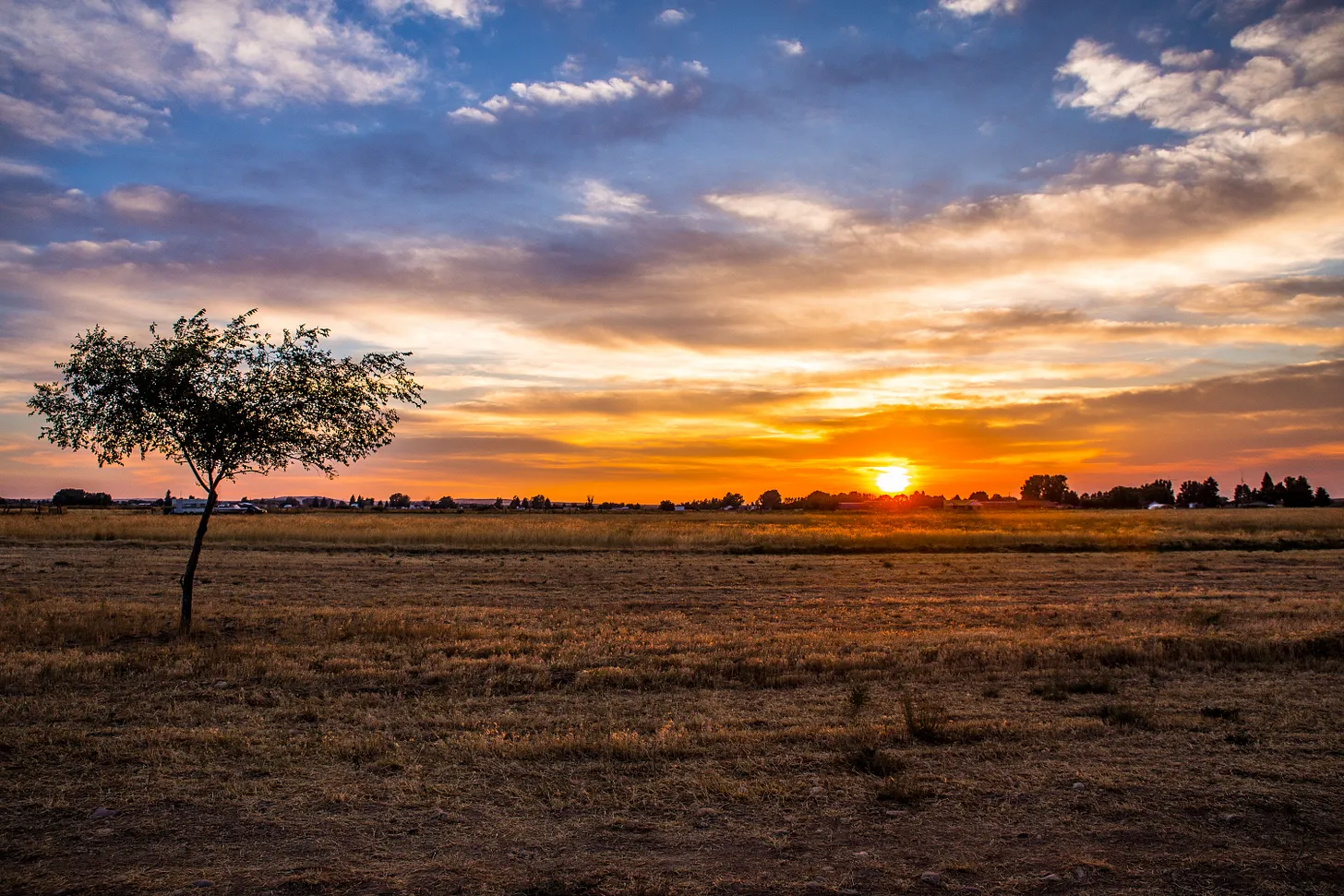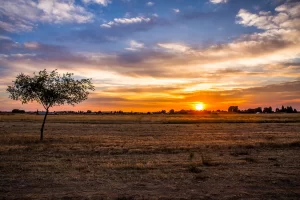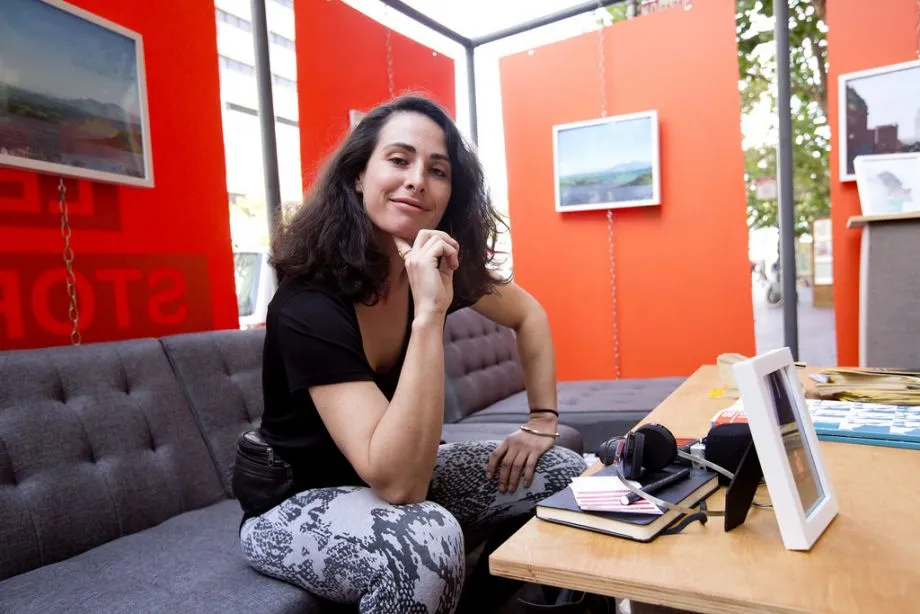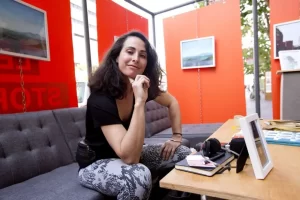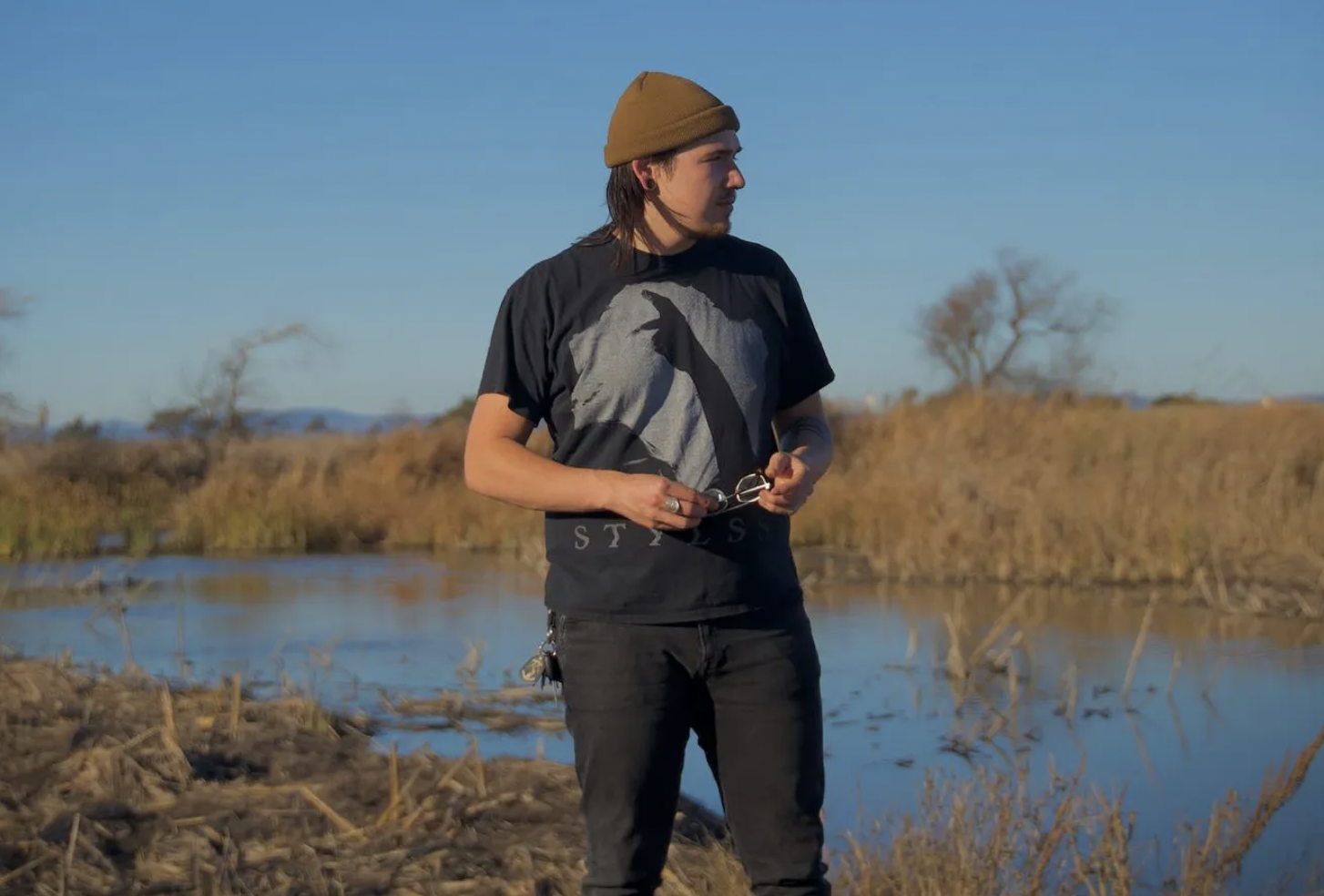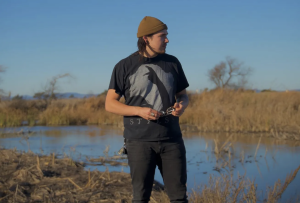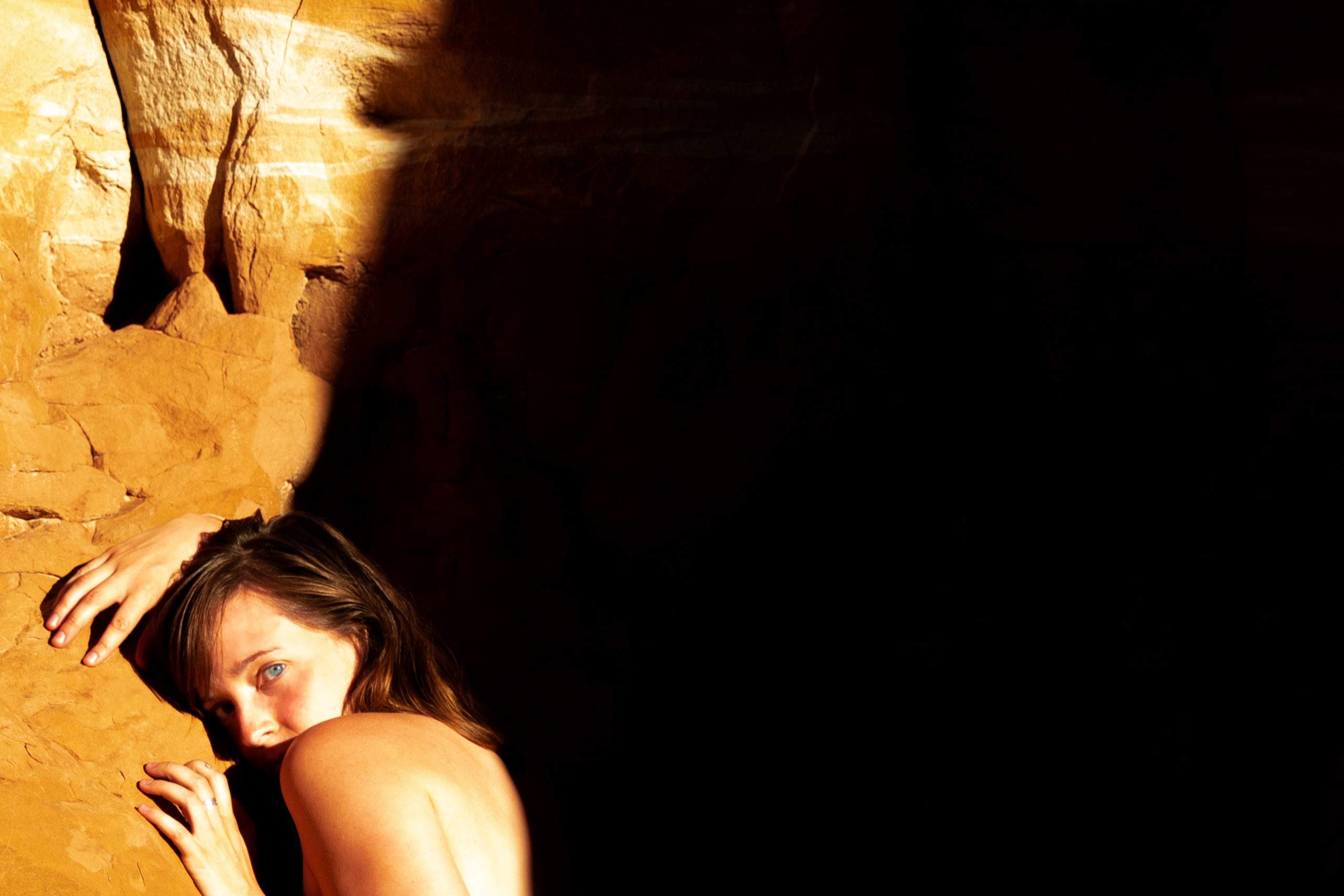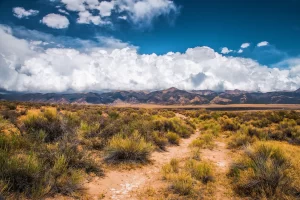
I originally released this piece of writing as a podcast episode in December of 2021, before I’d started my Substack page. Many of you have requested the written version, so I decided to release it here. If you’d like to hear the audio version instead, you can find it here, or search for episode #108 wherever you listen to A Millennial’s Guide to Saving the World.
If you asked her to identify the moment she knew she was lying to herself, she could tell you.
Her intuition had always been accessible if she wanted it to be. The problem was, she rarely wanted it to be. Avoiding her subconscious mind was a strategic game of rationalization. She had mastered the ability to silence the inner voices she didn’t want to hear, and prioritize the ones she did.
She was stubborn, determined, and painfully intellectual in the way she moved through the world, coming up with endless rationalizations to avoid inner work, stay in toxic relationships, and play out codependent patterns over and over again.
You could even go so far as to say she enjoyed this game. She was good at it.
The truth is, she had played a lot of mental and psychological games throughout her life. She played them with herself, and with other people. A disturbing amount of energy went into these games, all in an effort to avoid her unprocessed trauma, racking up casualties in the form of other people, and her health, along the way.
It’s worth mentioning that she didn’t really understand what she was doing, or why. The reason she kept playing these games was unknown to her, and she didn’t even have the awareness to identify them as games. Looking back, it’s clear that’s what they were, but at the time, it just felt familiar, or like some kind of unavoidable survival mechanism.
To continue reading, and to get access to all future writing via email, please subscribe to my Substack page.

